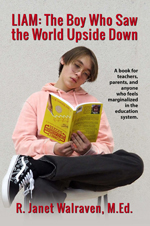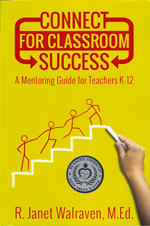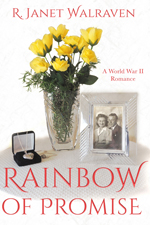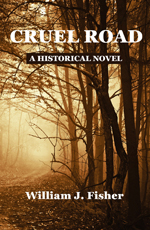Stephen McIlwain is a practicing attorney who discovered writing fiction is good for his soul. Decades of experience in criminal defense lends insight and authenticity to his debut legal thriller, A Snitch in Time (August 2023), set in Albuquerque, New Mexico and based on a true case. Look for Steve on Facebook and his Amazon author page.
 Tell us a little about yourself.
Tell us a little about yourself.
I am an almost retired lawyer who has been practicing law for more than 50 years. When I started practicing law, Richard Nixon was in the White House, and his first term at that. The last 20 years of my practice have been almost exclusively criminal law working for the Public Defender Department for eight years and as a contractor lawyer for the Public Defender for the past 12 or so years. I am married (55+ years) and we have three children with five grandchildren.
Please give us a little background regarding A Snitch in Time.
The book has as its main component a homicide in Albuquerque with appendages from various other cases and an addition of fiction.
When did you know you wanted to be a writer?
I have enjoyed writing for quite some time. When I was in high school, I wrote a humor column for the school newspaper that I enjoyed immensely. I have liked all the writing courses I have taken. I have done a great deal of legal writing (briefs, motions, memoranda and the like), but discovered a few decades ago that fiction writing could be cathartic and therapeutic and was good for my soul.
Life experience can pepper our writing. Did you find this happening when you wrote A Snitch in Time?
Nearly all the legal material in the book is from my life experiences, so the “peppering” of my writing is extensive, and occasionally some situations practically wrote themselves.
Do you share any traits with your characters?
Ted Griego and I are close to being indistinguishable except that he is a better lawyer than I.
What is your elevator pitch for A Snitch in Time?
The book is about a double homicide committed during a home invasion. In the course of the police investigation, two innocent but clueless young door-to-door magazine salesmen are swept up in the investigation by two inept detectives and charged with the murders after the detectives extract a false confession from one of them. A separate detective works with a defense lawyer to uncover facts that eventually solve the case. Sometimes I need a slower elevator.
Is there a scene in your book you’d like to see play out in a movie?
The seemingly unrelated murder committed at the beginning of the book is a good scene as well as the detectives’ interrogations that result in the false confession.
Have any of your ideas stemmed from actual cases?
All my ideas for legal fiction have their genesis from actual cases.
How did you feel the day you held the copy of your first book in your hands?
When I held the book for the first time, I was speechless—too many instantaneous emotions to isolate just one. I still pause when the word author precedes my name such as it does at the top of your list of questions.
Is there an underlying structure that guides your writing process or is this something you discover as you work?
I have certain points that I want to include in the story, but I just let the story proceed and those points find their way into the writing without much help from me. The closest thing I do as an outline is create a timeline to keep track of what’s going on. If you would permit a digression, I’ll add that I have an unpublished book about growing up in Indiana that I have been rewriting for 30 years. There is one character who insists that he must write his part of the story and that my job is only to be his scrivener. I read an article about this happening to authors and remember one in particular: That writer had a character at a cocktail party and was having a challenging time getting the character to leave. The character finally convinced the author that he didn’t want to be at the damned party in the first place.
Do you have another legal thriller in the works?
I am nearly finished with a book that is a thriller but not a legal thriller. I have a few ideas swimming around in my head about more legal thrillers.
 Su Lierz writes dark fiction, short story fiction, and personal essays. Her short story “Twelve Days in April,” written under the pen name Laney Payne, appeared in the 2018 SouthWest Writers Sage Anthology. Su was a finalist in the 2017 and 2018 Albuquerque Museum Authors Festival Writing Contest. She lives in Corrales, New Mexico, with her husband Dennis.
Su Lierz writes dark fiction, short story fiction, and personal essays. Her short story “Twelve Days in April,” written under the pen name Laney Payne, appeared in the 2018 SouthWest Writers Sage Anthology. Su was a finalist in the 2017 and 2018 Albuquerque Museum Authors Festival Writing Contest. She lives in Corrales, New Mexico, with her husband Dennis.






 KL Wagoner (writing as Cate Macabe) is the author of This New Mountain: a memoir of AJ Jackson, private investigator, repossessor, and grandmother. Kat has a speculative fiction blog at
KL Wagoner (writing as Cate Macabe) is the author of This New Mountain: a memoir of AJ Jackson, private investigator, repossessor, and grandmother. Kat has a speculative fiction blog at 